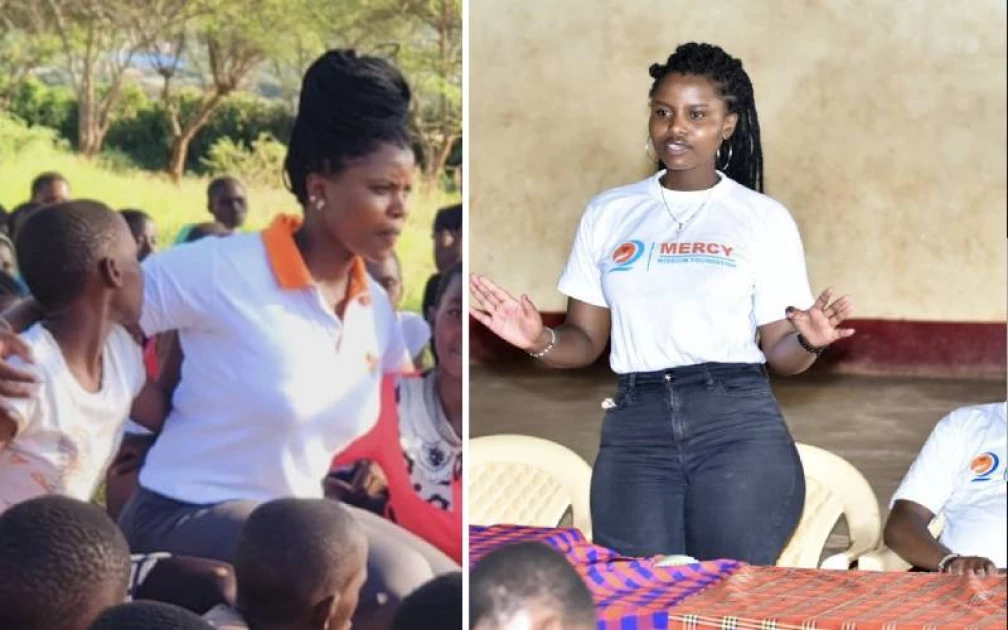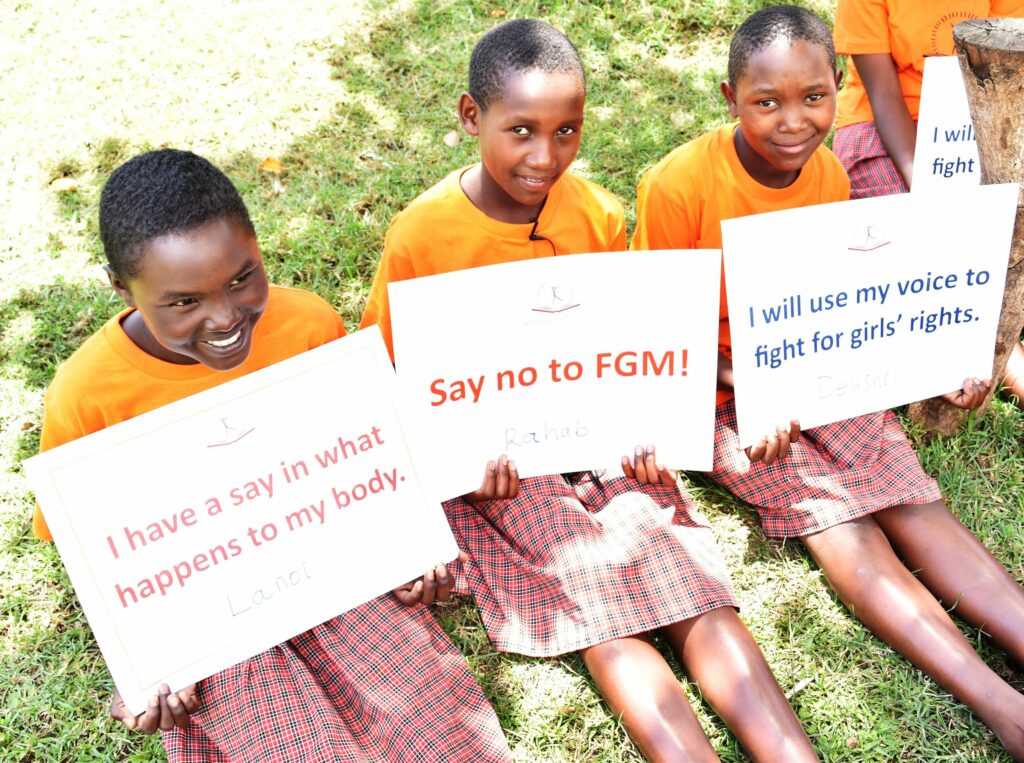A 26-year-old Kenyan psychologist Mercy Nashipai says she is dedicated to combating Female Genital Mutilation (FGM) in her country. She is also advocating for girls’ rights to live freely and with dignity.
Having grown up in Loitoktok, Kajiado county, Nashipai reveals she is a survivor of this harmful practice.
She considers herself fortunate to have escaped forced marriage, as girls who undergo FGM are often immediately married off, ending their educational aspirations.
She says her personal experience as a survivor is what drives her commitment to combat the harmful tradition.
“In Kajiado, Meru and Tana River counties, once you undergo FGM, you definitely are not going back to school, instead you are married off.
“My FGM ordeal had psychological effects on me as a child growing up.
“The custom negatively affects the growth and development of the girl child, and that’s why we must unite and fight FGM, empower our girls and give them an equal opportunity to education,” Nashipai explains.

What is FGM?
The World Health Organisation (WHO) defines Female genital mutilation (FGM) as “a traditional harmful practice that involves the partial or total removal of external female genitalia or other injury to female genital organs for non-medical reasons.”

Female Genital Mutilation affects over 200 million girls and women globally, with about 3 million girls at risk annually. This harmful practice has no health benefits and poses immediate and long-term risks to the physical, mental, and sexual health of women and girls.
The age-long practice is recognised as a human rights violation, especially for girls and women. It is a tradition that is deeply rooted in gender inequality and violates the rights to health, security, physical integrity, and life of the girl child.


